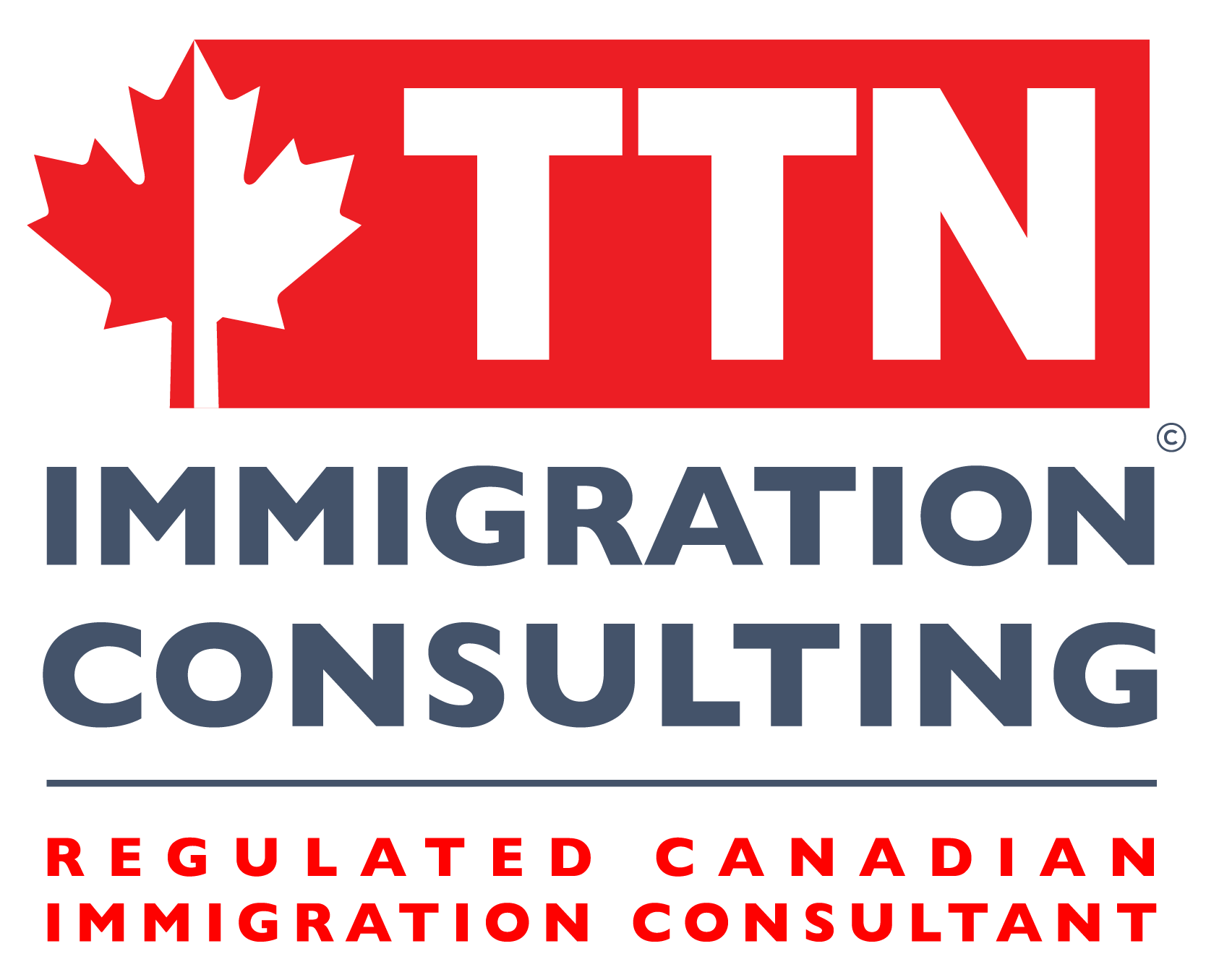Top 10 Canada Visitor Visa Refusal Reasons

It comes as no shock that every year, numerous individuals apply for Canadian visitor or tourist visas, attracted by the nation's stunning landscapes, vibrant cities, and rich cultural heritage, or simply to reunite with family.
The good thing about a tourist or visitor visa is not needing to prove your proficiency in English or French, coupled with a relatively low processing fee of $100 set by the IRCC. Moreover, individuals visiting Canada are entitled to apply for a work permit upon their arrival until February 2025.
Nonetheless, despite the magnetic pull of the Great White North or the wish of reuniting with family in Canada, obtaining a Canadian visitor or tourist visa can pose some challenges, often resulting in denials for a multitude of reasons. In order to illuminate these complexities and assist prospective visitors or tourists, presented below is a list outlining the top 10 reasons for refusal of Canada visitor visas.
1. Inadequate or Incorrectly Completed Application Forms
Among the leading causes of visa rejection is the submission of incomplete or inaccurate application forms. Omissions or inaccuracies in the provided information can lead to processing delays or outright denial. To avoid this issue, applicants are advised to meticulously review the application guidelines and ensure all sections are completed accurately and comprehensively.
2. Lack of Sufficient Supporting Documentation
Insufficient supporting documentation stands as yet another prevalent cause of visa rejection. Applicants must present evidence demonstrating their intention to return to their home country, which may include employment letters, property ownership records, or familial connections. In addition, financial records validating the capacity to finance the trip are imperative.
It is essential to include appropriate documentary evidence to bolster your application, tailored to your circumstances:
– Travel history
– Letter of invitation
– Proof of relationship
– Family information
– Itinerary
– Banking statements
Failure to present adequate supporting documentation may raise doubts about the applicant's intentions, potentially leading to visa refusal.
3. Insufficient Financial Means
Illustrating adequate financial resources to cover the expenses of the trip is paramount for visa approval. Applicants are required to provide bank statements, income tax returns, or sponsorship letters as evidence of their capability to finance their stay in Canada. A lack of compelling evidence regarding financial stability may lead immigration authorities to doubt the applicant's ability to support themselves during their visit, potentially culminating in visa denial.
4. Limited Travel History or Unclear Purpose
Immigration officers evaluate applicants' travel history and purpose as part of the visiting visa assessment. A lack of prior international travel experiences or ambiguity surrounding the intent to visit Canada may raise concerns and lead to visa refusal. Applicants should clearly state their motives for visiting Canada, be it for leisure, business, or familial ties, and provide supporting documentation to substantiate their claims.
5. Inadequate or Unconvincing Travel Itinerary
A poorly structured or incomplete travel itinerary may also result in visa rejection. Applicants should provide a comprehensive itinerary outlining their planned activities and accommodations during their stay in Canada. Confirmed travel reservations, hotel bookings, and scheduled tourist attractions can bolster the application, demonstrating a genuine intent to visit Canada for tourism purposes. Furthermore, a genuine invitation from a family member must be included in the application if you are applying for a visitor visa to meet your relative.
6. Failure to Establish Strong Ties to Home Country
Immigration authorities scrutinize applicants' likelihood of returning to their home country after their visit to Canada, considering factors like employment, property ownership, and family obligations. Insufficient evidence of ties to the applicant's home nation may raise doubts regarding potential immigration intentions, leading to visa rejection. To avoid this risk, applicants should establish robust evidence of their connections to their home country, reassuring immigration officials of their intention to return following their visit.
7. Misrepresentation or the submission of fraudulent documentation
Submitting fraudulent documentation is a grave offense that can lead to visa denial and potential future entry restrictions to Canada. It is imperative for applicants to maintain honesty and transparency throughout the application process, as any instances of deception or falsified documentation detected by immigration officials can have severe repercussions. In order to avoid being refused entry into Canada, it is crucial to provide accurate and authentic information at all times.
8. Medical Inadmissibility
Individuals with medical conditions posing a threat to public health or safety may be deemed medically inadmissible to Canada, resulting in the denial. Immigration authorities scrutinize medical records and may request further medical assessments to assess an applicant's admissibility. To improve their chances of visa approval, applicants with medical issues should provide comprehensive medical documentation and resolve any concerns raised by immigration officials.
9. Criminal Inadmissibility
Individuals with a criminal history or prior convictions may be deemed criminally inadmissible to Canada, resulting in the refusal of a visitor visa. Immigration officers conduct background checks and assess factors such as the severity of the offense, efforts towards rehabilitation, and the potential risk to Canadian society before reaching a decision. Applicants with a criminal record are advised to disclose their past offenses and furnish evidence of rehabilitation to address concerns and improve their prospects of visa approval.
10. Overstaying or Violating Prior Visa Restrictions
Individuals who have previously violated visa restrictions, such as exceeding their authorized duration of stay or engaging in unauthorized employment, may face visa denial for subsequent applications. Immigration officers scrutinize applicants' travel records and adherence to visa conditions to assess compliance with Canadian immigration laws. To prevent adverse immigration outcomes, applicants must adhere strictly to visa conditions and comply with the terms of their previous visits.
